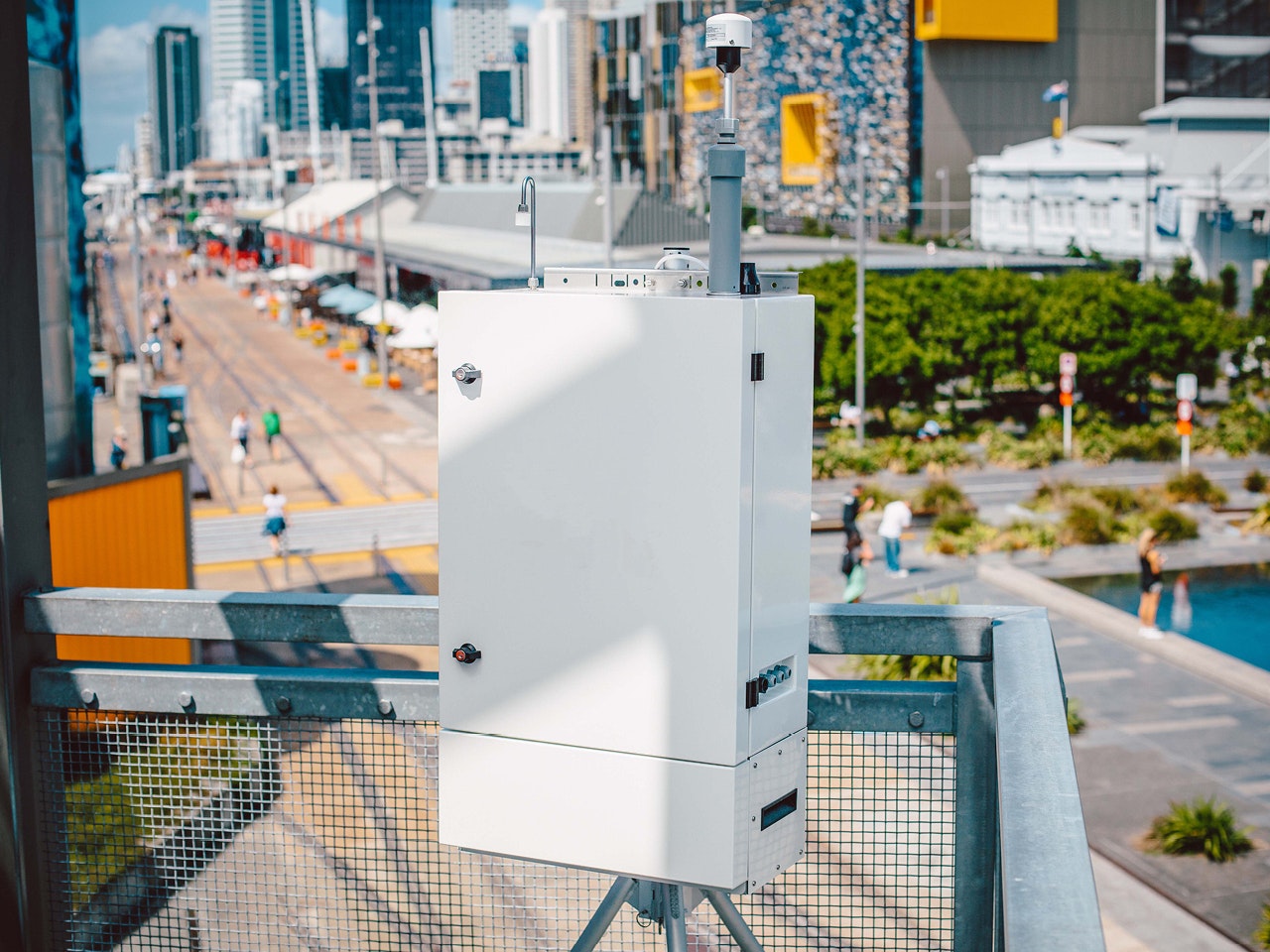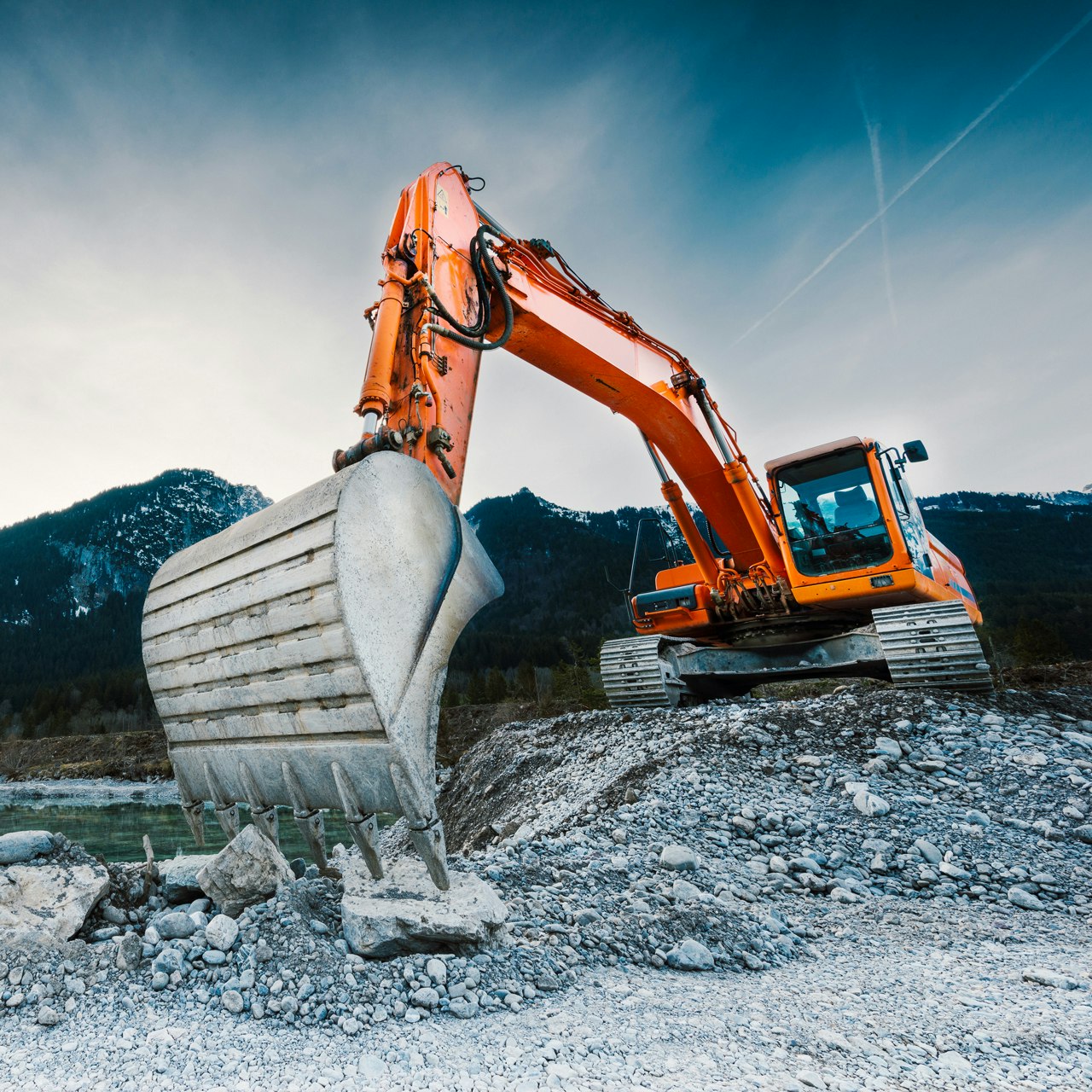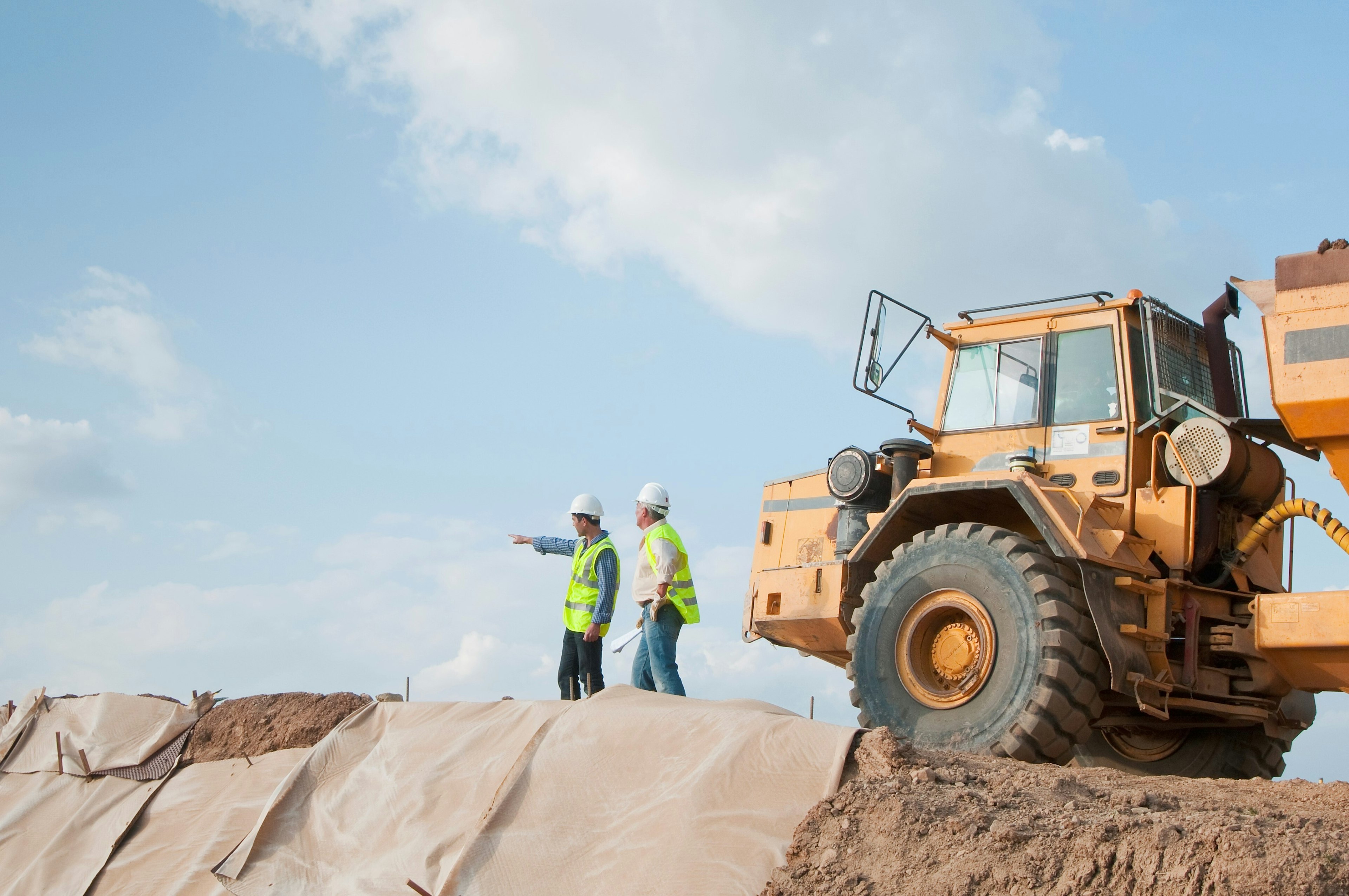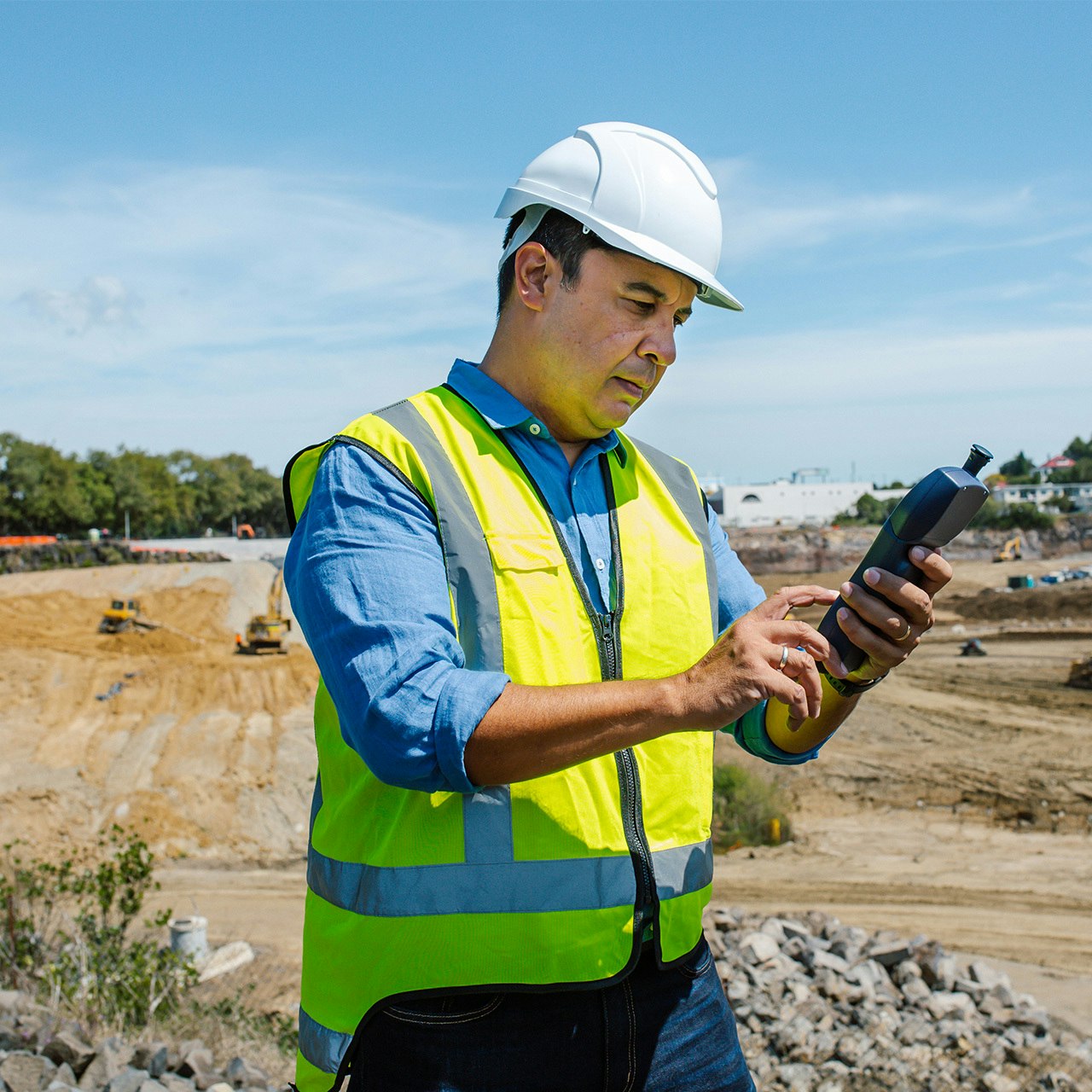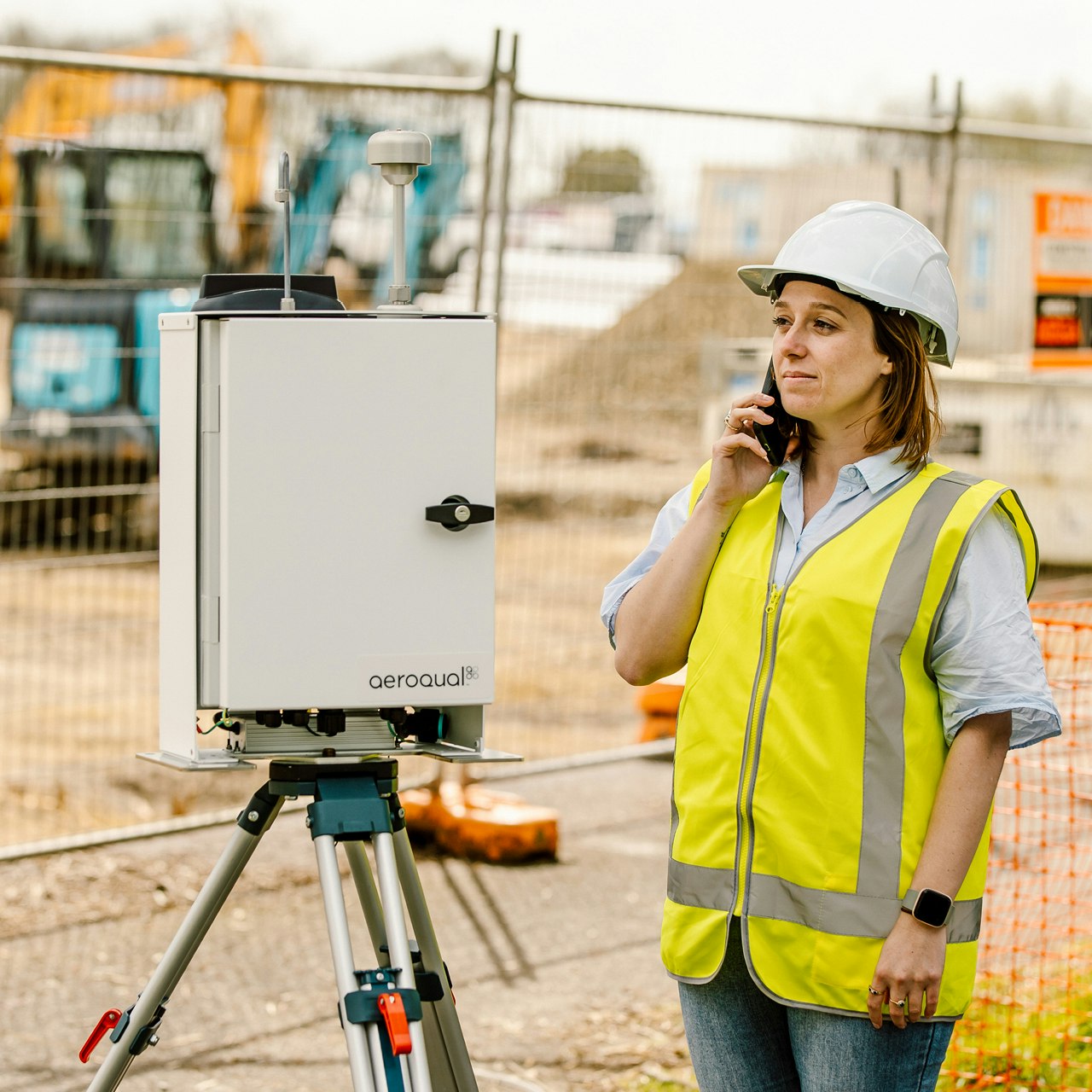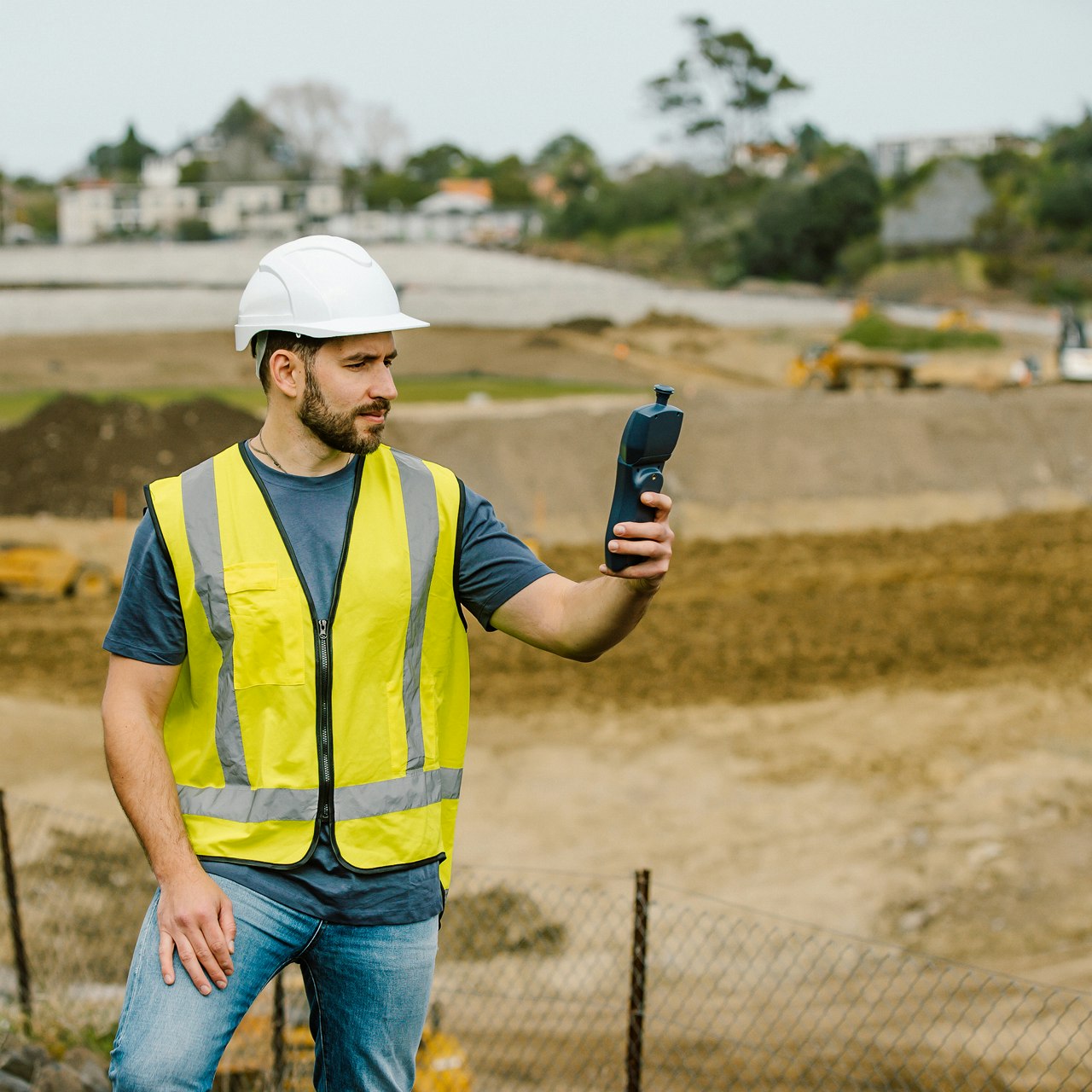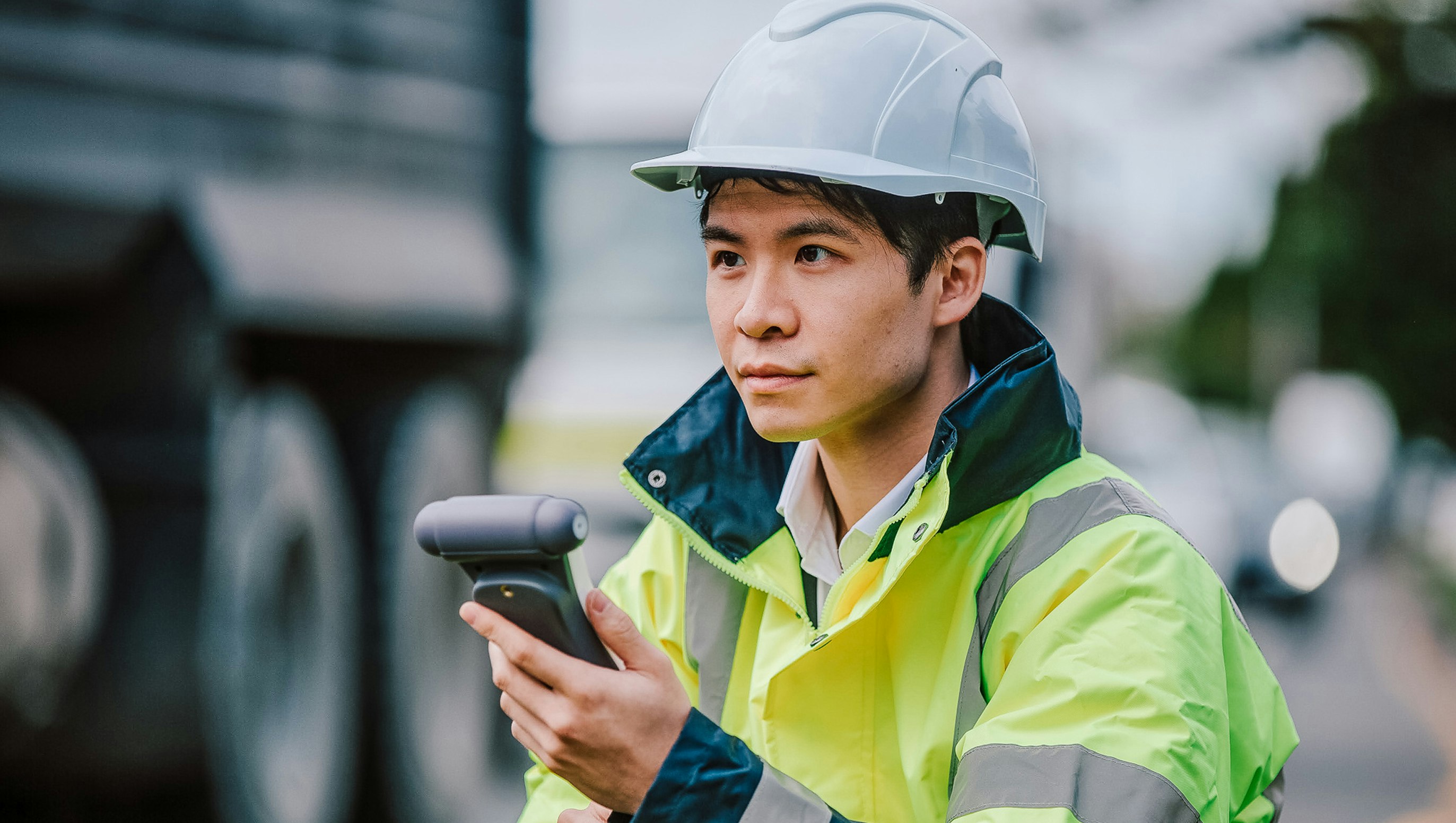Blog
“What’s the biggest mistake of my career?” – Five Top Lessons from Environmental Consulting Experts
Article Details
Last Updated
23 November 2023
Published
24 November 2022
Category
Outdoor
We all make mistakes. From Einstein missing the mark when it came to quantum entanglement, to Edison inventing the lightbulb (after about 1,000 failed attempts), mistakes are how we grow and learn to be better in our chosen field.
At Aeroqual, we’re proud to work with some of the industry’s top environmental consultants, along with many of tomorrow’s best and brightest. As a resource for other consultants to learn from the mistakes of those who’ve ‘been there, done that’, we brought together five experts for a lively webinar discussion around the question, “What’s the biggest mistake of your environmental consulting career?”
While the hour-plus discussion contained more wisdom than can fit in a blog post (and we encourage anyone in the industry to watch the full webinar if you haven’t yet!), these top takeaways provide an easy resource to refer back to for anyone looking to be inspired to grow in their career.
1. “Have confidence and trust in yourself.”
Jodi Lee – Principal Technologist, Jacobs
Jodi Lee is a seasoned expert in the environmental space, with 28 years of experience in the field working primarily on ambient air quality monitoring projects. Currently Principal Technologist at Jacobs, based out of Portland, Oregon, Jodi found that the “biggest mistake of my environmental career has been not having enough confidence in trusting myself.”
Jodi’s rules for a successful monitoring project?
- Don’t rush into anything
- If something’s not broken, don’t fix it
- You can’t break something that’s already broken
Before starting any project, always look to define why monitoring is needed. “Is there a regulatory driver? Public concern? Data for a scientific study?” It might sound simple, but all too often the “why” can get lost in the rush to get things moving. “Once you define your why, that will drive everything else – pollutants to be monitored, action limits, equipment, everything.”
Feeling pressured to rush into projects earlier in her career, Jodi found herself dealing with issues like theft due to a lack of security protocols, projects that lacked a clear data management strategy, and having to redesign projects on the fly due to a lack of prior planning. “Really think things through in the beginning, and make your project managers and clients work with you upfront to minimize issues down the line.”
Jodi also shared moments from her career where needlessly tweaking perfectly functional equipment was more trouble than it was worth, “and I really needed to leave well enough alone.” That being said, if an instrument isn’t working, “I can’t tell you how many times I’ve taken something apart, cleaned it, maybe replaced some o-rings or small parts, nothing extra, and then the instrument has worked perfectly.” If things are going well, trust in the process and don’t overcomplicate matters by doing too much. But if things aren’t working, back your ability to figure out a solution.
“Above all, having a clear objective and really defining the project at the outset has made a huge difference in my career.”
Pictured (clockwise from top left): Paul Pickering (Aeroqual), Brian Newgent (Aeroqual), Jodi Lee (Jacobs), Linda Lattner (WSP), Frank Cherena (Roux Associates), Eric Winegar (Sonoma Technology).
2. “Even with the best preparation, mistakes do happen. The key is to not get too thrown by the little things.”
Eric Winegar – Director of Industrial Services, Sonoma Technology
As a 35-year veteran of the industry, now operating as Director of Industrial Services at Sonoma Technology, Eric Winegar has seen just about everything in the field. “I wish we had two or three days, we could really get into all the mistakes I’ve made.” Eric’s key takeaway is to have tolerance for all the little things that can, and do, go wrong from time to time, and to treat everything like a learning experience. “I prefer to call these my ‘favorite mistakes’ because I revisit them frequently and they sort of capture what I’ve learned over time.”
Eric’s general philosophy when it comes to mistakes in the field is, “Don’t change, manage”. Some things you can handle with sound preparation, and others you just have to manage as best you can as they arise. Eric recalls a $1.5 million project that took place over 18 months where a key parameter was set incorrectly, leading to biased data. “Really the most critical thinking should be done before stepping foot on site. Thinking in the field should be reserved for problem-solving, not things that should have been checked and covered as part of a thorough plan.”
While bringing a certain level of stoicism to mistakes in the field can be a useful approach, Eric also urges tomorrow’s leaders to not be afraid to stretch the limits of their technical ability. “Sometimes it pays to not rely on the easy route, within reason of course. Once you’ve developed that resilience for managing setbacks as they arise, you can be more technically aggressive, finding new ways to upskill and grow your knowledge base in the field.”
3. “You can only do so much. Taking care of your physical well-being; taking regular breaks, getting proper sleep, remembering to eat, is as important as anything in the field.”
Brian Newgent – Senior Account Manager, Aeroqual
A familiar face to our partners and customers, Aeroqual’s Brian Newgent spent part of his 30+ year career working in the field as an environmental consultant before joining the team as a Senior Account Manager for the U.S. market. Brian’s most memorable mistake is actually one that sparked this career shift, moving from fieldwork to an emphasis on training and helping other consultants and site operators locate the perfect equipment for any given project.
“In the late 90’s I was working as a field tech for a major environmental consulting firm, juggling typically long field hours with other equally important commitments like coaching my daughter’s soccer team.” On a particularly challenging project, “a former Manufactured Gas Plant (MGP) site in a high-crime area some five hours away”, Brian found himself operating at less than 100%, “working long hours in hot weather, not taking the time to eat and refuel.” This led to Brian attempting to fix a leaky pressure valve on a nitrogen tank while doing a routine swap, “something I should not have attempted in less than peak condition, and still think about to this day.” The valve flew off, striking Brian in the head, “thankfully I was wearing the proper safety equipment”, and started filling the monitoring shed with white smoke. While Brian was able to get the situation under control and get home safely, “it absolutely could have been a different result.”
Above all, the experience taught Brian the importance of good health and pacing yourself in the field, “you can’t go 24/7 and expect things not to happen as a result.” Having escaped this close call unscathed, Brian pivoted into instrumentation supply and support, “helping folks better understand the equipment they’re working with and making sure they’re using it properly.”
Along with self-care, Brian stressed the importance of asking questions, “it’s okay to let people know if you’re not comfortable with a potentially dangerous situation. If you’re not sure, always stop and ask before moving forward, it could save your life, or somebody else’s.”
4. “Don’t ever put yourself in a situation where you feel uncomfortable, and don’t ever put your staff in a situation where they feel uncomfortable.”
Linda Lattner – Associate Engineer, WSP
With 20+ years in the industry, Linda Lattner brings a wealth of experience to her current Associate Engineer role at WSP in Toronto, Canada. A common theme among our experts, Linda could’ve picked any number of learning experiences early on in her career as her ‘biggest mistake’. “It was humbling to look back and review all the mistakes I’ve made and determine which was the biggest one – but it was also kind of enjoyable to reflect back on because it shows how far I’ve come in my career.”
Linda’s biggest mistake has to do with recognizing the importance of personal safety while working alone or in remote areas. “When I look back at it, this is the one where you think back on how things could’ve gone much differently than they did.”
While working alone on a project early in her career, Linda found herself feeling consistently uncomfortable going out on daily site visits. “This is the early 2000s, before cell phones were a routine part of your kit. Nobody knew I was there, and the monitoring location was in a high-crime area behind an apartment building with drug paraphernalia everywhere.” Linda expressed her concerns to her supervisor at the time, “and he just laughed and shook his head.”
Even at the time, the health and safety plan could have included measures that took the location into account, “anything from a buddy system to moving the monitor someplace a little less hidden after a period of time.” Safety, in all forms, is the most important thing on any site, “so if you’re ever uncomfortable for any reason, speak up. It’s your supervisor or manager’s responsibility to resolve that for you.”
Linda also stressed the importance of managers providing proper training and “not assuming your staff knows everything – it’s better to assume they don’t know and repeat things than leave it up to chance.” An example from when Linda was first starting out is struggling to connect power to a stack testing unit 50 feet above the ground. “It took the maintenance manager climbing up to demonstrate that the extension was actually a twist connect mechanism! Which is extremely embarrassing of course, but looking back on it that sort of thing is more a reflection of a lack of training than anything.”
5. “Investing in our staff’s quality of life leads to better work outcomes. Ask questions, and look to your leaders for guidance."
Frank Cherena - Director of Real Estate Services, Roux Associates
Director of Real Estate Services and 20+ year “lifer” at Roux Associates Frank Cherena made the important point that companies also make mistakes, not just people. “While I’ve made basically all the mistakes we’ve talked about here today, I’ve also tended to place the blame on myself. As staff, that’s what we often do, without really understanding that we should be relying on leadership in the company for that direction.”
Speaking from a company perspective, Frank’s key lesson was simple: “Put the emphasis on the right things.” Having navigated a degree of staff turnover in what can be, at times, a demanding career, Frank and the management team at Roux Associates have come to see the value in putting quality of life and a healthy work/life balance along the same degree of importance as profit and technical excellence.
“As a senior member of staff, something I try to ask myself as often as I can is – are you managing or are you leading? True leadership comes from listening to your people and really trying to understand their pain points. By doing this, you can avoid putting them in situations where they may feel uncomfortable, helping them grow and treating them like a person, not just an employee.”
Frank also stressed the importance of taking this people-first approach in all areas of project planning, “from investing in quality equipment that makes the lives of our staff easier, even if it might be a little more expensive, to little things like putting a bathroom on-site so nobody is having to sneak into McDonald’s down the street.” This lends itself to something that became a theme, in one way or another, across all our panelists: don’t be afraid to raise concerns or ask for advice, especially when you’re just starting out.
“Integrating quality of life considerations into everything we do from a leadership perspective is the best advice I’ve ever gotten and can give.”
Watch the webinar
If you’ve found any part of this helpful, follow this link to check out the full webinar!




